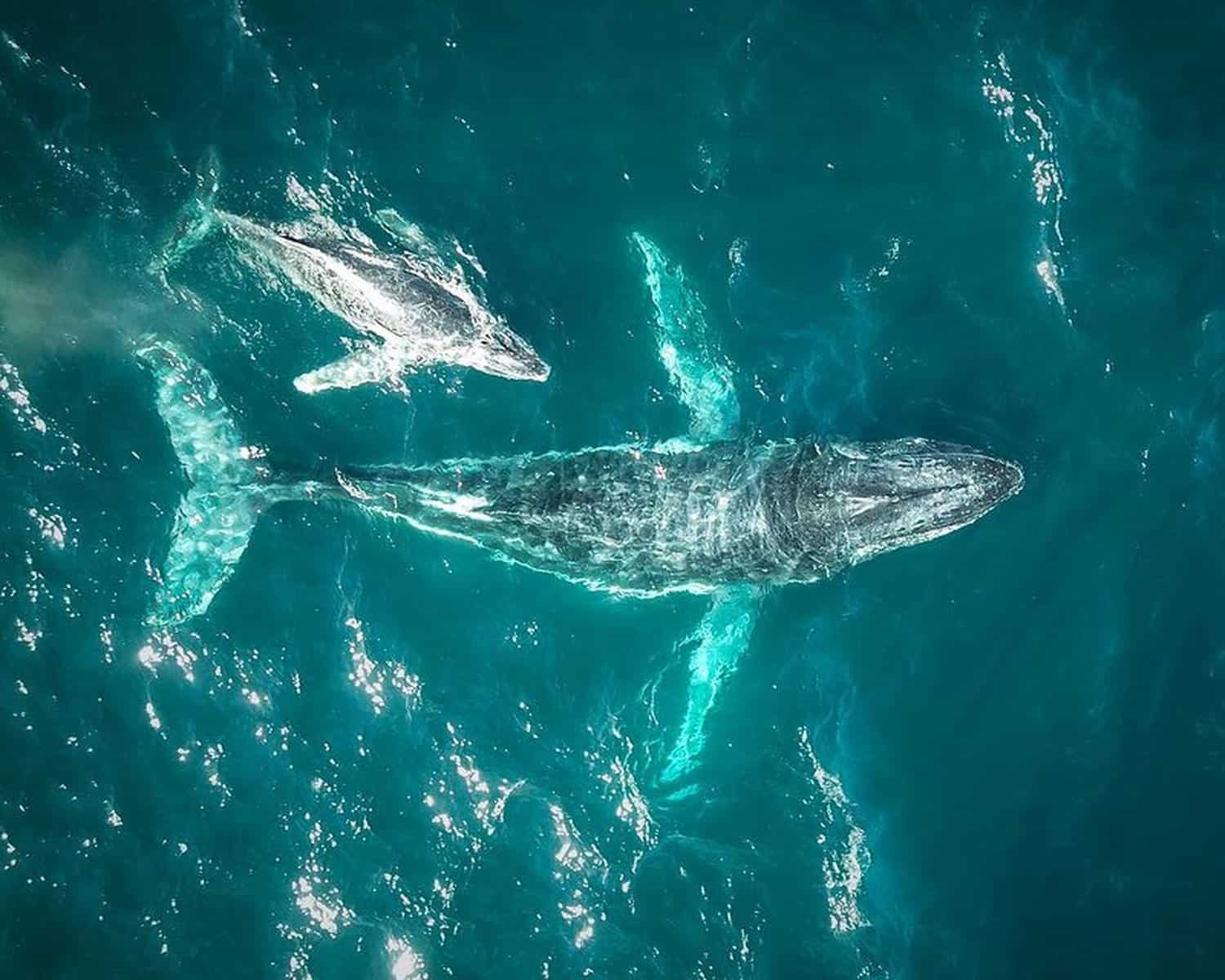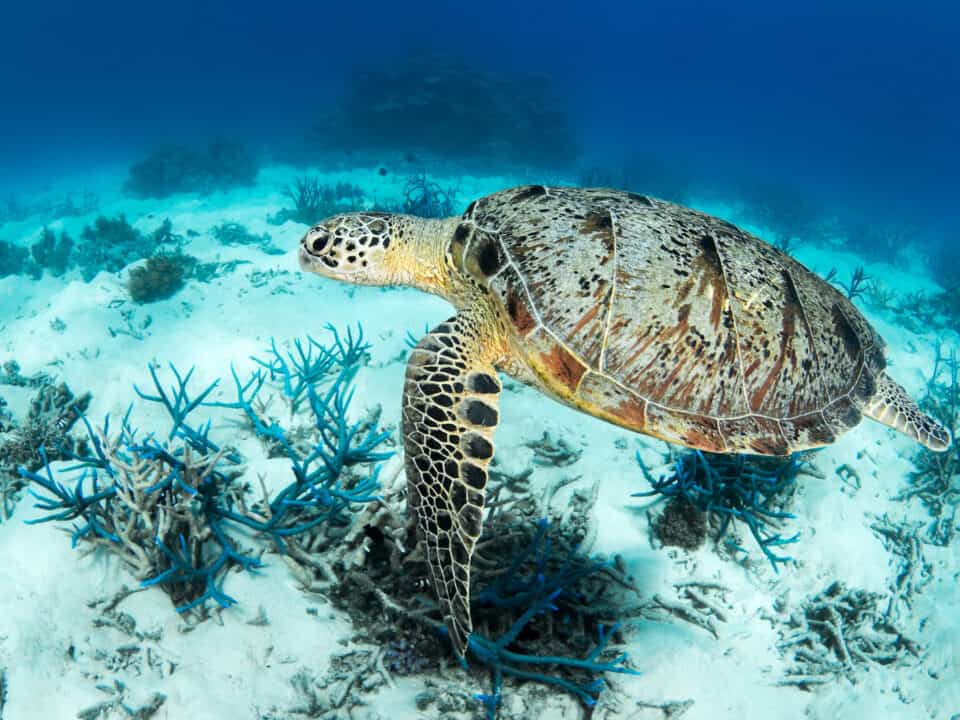Cruise ships may seem like a good alternative, but they can be even more polluting than airplanes. Ships usually burn polluting heavy fuel oil, which affects the environment and populations of the destinations being visited.
Besides air pollution, cruise ships generate large volumes of wastewater, including sewage, gray water (from sinks and showers), and oily bilge water. They also produce significant amounts of solid waste: food waste, plastics, and other packaging materials. Proper waste management is crucial to prevent pollution of the oceans.
There are other reasons to avoid cruise ships — for example, when visiting sensitive destinations like Venice, where the boats can dominate the skyline and crowd the city. The movement of a massive amount of water erodes the quays and the foundations of the palaces and streets of Venice.
Marine life and ecosystems
Cruise ships can cause disturbances to marine life, such as underwater noise pollution and physical damage through anchor drops. These activities can negatively affect coral reefs and other sensitive marine ecosystems. Cargo and cruise ships are also a major risk to whales worldwide. Due to the large size and speed of a ship, it may be unable to divert course even if they do see a marine mammal. Whales and sea turtles often cannot avoid ships because many species move slowly in the water. It is not the first time a cruise ship docks with a dead whale on their bow.

Not all cruise lines or ships have the same environmental impact. Some companies are improving sustainability practices, such as investing in cleaner technologies, implementing waste reduction programs, and adopting stricter environmental standards. Additionally, alternative forms of cruising, like small-scale expedition cruises, tend to have a lower environmental impact than large, mainstream cruise ships. Also, hybrid and electric propulsion systems are gaining popularity in the maritime industry.
To make a more informed choice, you can research specific cruise lines and their environmental initiatives, look for eco-certifications, or consider alternative travel options with a smaller ecological footprint.
This article is part of the series by Conscious Travel Guide, your resource for mindful globetrotting.


